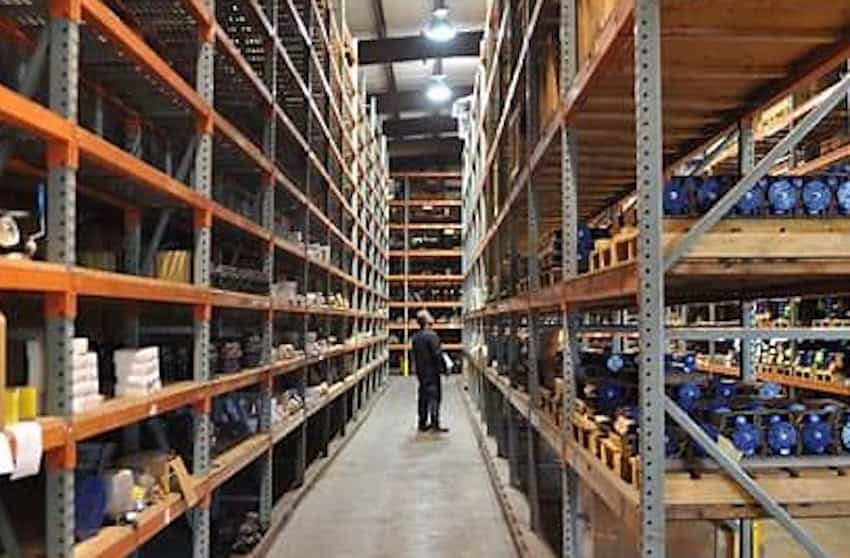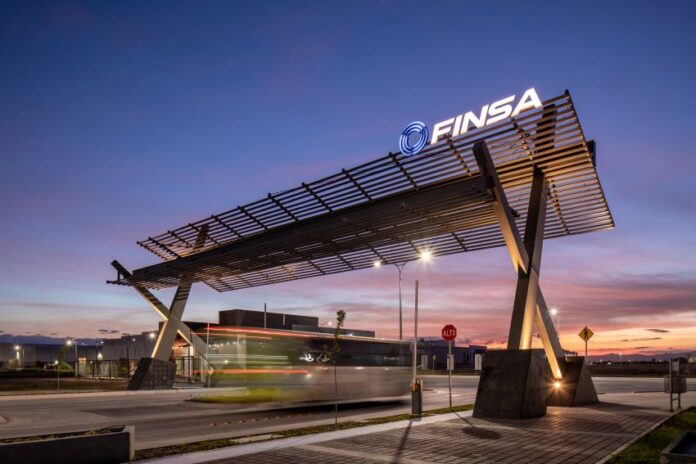FINSA, one of the leading industrial real estate developers in Mexico, announced a US $500 million investment for the acquisition of 70 industrial warehouses in the country, marking one of the most significant moves in the Mexican industrial real estate market this year.
According to the company’s CEO and co-founder Sergio Argüelles, the acquisition plan includes a strategic alliance with BBVA to acquire operational properties from companies. These companies will be able to obtain immediate liquidity through the transaction and become Finsa tenants through a leasing arrangement.

The investment will focus on 12 states and seven key industrial corridors, primarily in the north and center of the country, including regions such as Monterrey, Saltillo, Juárez, Tijuana-Mexicali, El Bajío and Jalisco. Sixty-one percent will correspond to warehouses dedicated to manufacturing and 39% directed towards logistics spaces.
The move occurs amid increasing uncertainty in the Mexican industrial real estate sector due to tariffs imposed by President Donald Trump’s administration in the United States.
In an interview with the newspaper El Economista, Argüelles explained that in 2024, the sector recorded its worst quarter in the last decade in terms of occupancy and construction of industrial warehouses. However, he noted that “Mexico remains a strategic country for North American manufacturing.”
While a revision of the United States-Mexico-Canada Agreement (USMCA) is anticipated in 2026 — or even later this year — Argüelles said the general perception among U.S. lawmakers is one of support for the regional integration model.
Despite the initial impact of trade uncertainty with China and doubts about legal certainty in Mexico — particularly surrounding the judicial elections — Finsa assures that signs of recovery for the industrial warehouse sector are emerging entering the second half of 2025.
Fibra Monterrey, another real estate trust focused on industrial properties primarily in the north of the country, announced that they also plan to invest some US $400 million in their business model. That model is centered around acquiring, managing, and renting properties to generate returns for their investors.
“We are still in a state of volatility and uncertainty due to the tariffs, but we think the waters have calmed down considerably,” Javier Llaca, Director of Operations and Acquisitions at Fibra, told the newspaper El País.
“Companies that were cautious, waiting to see what would happen, have resumed projects. If trade with the U.S. and public policy in Mexico are well combined, we could be facing a second wave of nearshoring,” he stated.
With reports from El Norte, El Economista and El País
